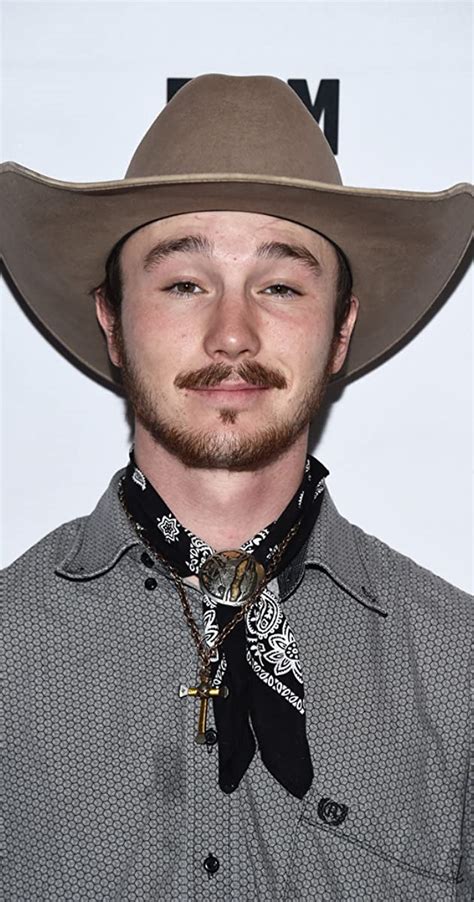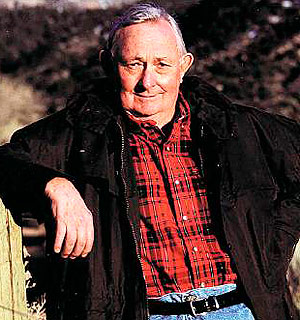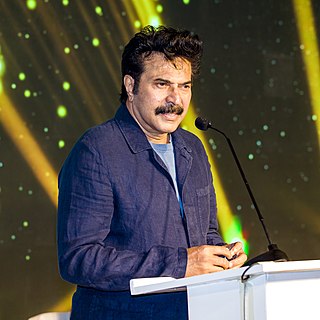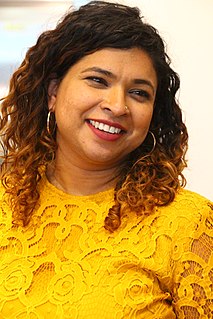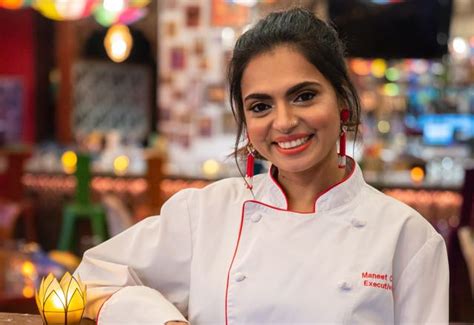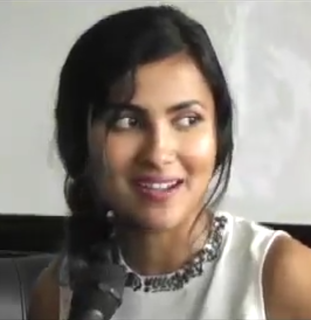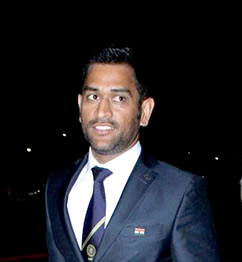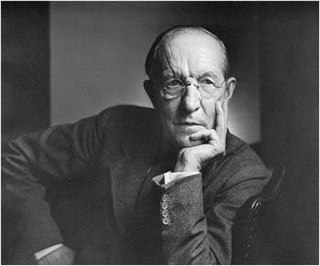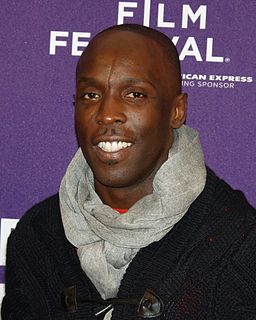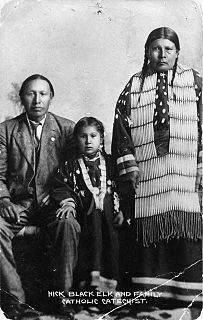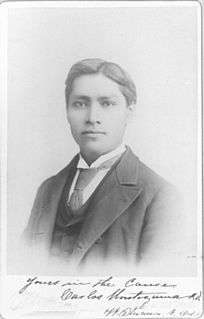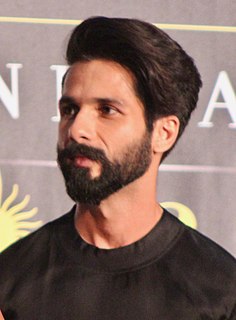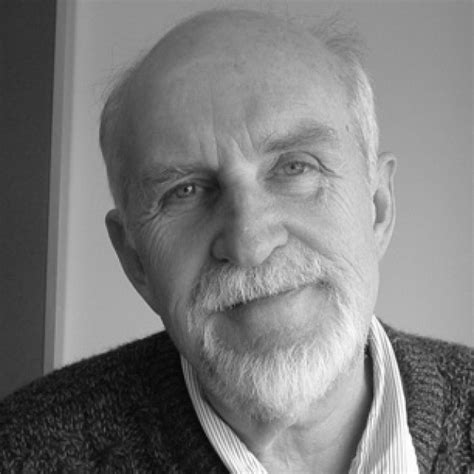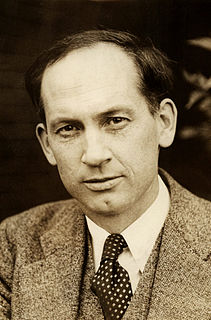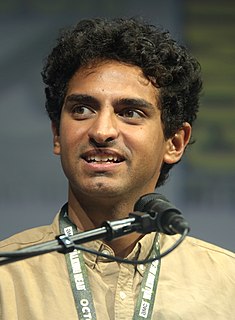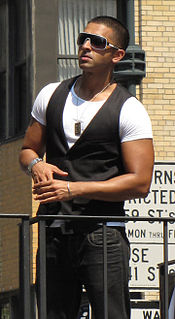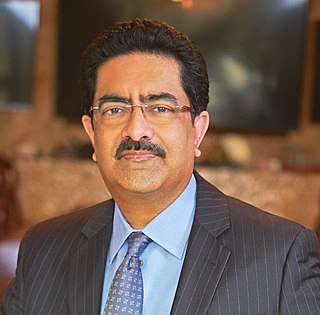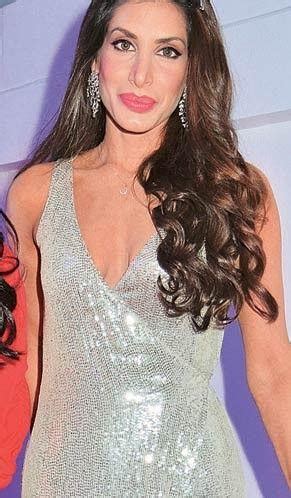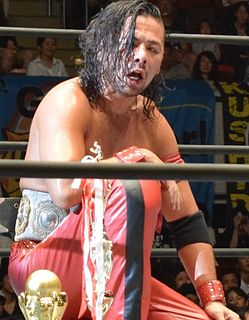Top 1200 Indian Culture Quotes & Sayings
Explore popular Indian Culture quotes.
Last updated on November 14, 2024.
I had an Indian face, but I never saw it as Indian, in part because in America the Indian was dead. The Indian had been killed in cowboy movies, or was playing bingo in Oklahoma. Also, in my middle-class Mexican family indio was a bad word, one my parents shy away from to this day. That's one of the reasons, of course, why I always insist, in my bratty way, on saying, Soy indio! - "I am an Indian!"
And there is also the paradox that the dominating culture imbues the Indian past with great meaning and significance; it is valued more because it is seen as part of the past. And it is the romantic past, not the present, that holds meaning and spiritual significance for so many members of the dominating culture. It has seemed so strange to me that the larger culture, with its own absence of spirit and lack of attachment for the land, respects these very things about Indian traditions, without adopting those respected ways themselves.
I moved here when I was 20 to go to college. After I moved here, I became much more aware of the importance of the culture and literature to my life. Sometimes when you're immersed in something, you just don't notice it very much. Moving away makes you appreciate your culture. Living here, I've thought more and more about India, and what being Indian-American means to me. And it's made me incorporate things from Indian literature into my own writing.
I basically love classical music. I love a lot of musicians playing together and the whole culture of that whether it's Indian or it's Western. But in India, I think it's limited to filler music unfortunately. That's one thing I want to push in India where we have the infrastructure of an orchestra where you play Indian melodies with an orchestra and something different for a universal audience. It requires a lot of work from me.
Spirituality is the master key of the Indian mind. It is this dominant inclination of India which gives character to all the expressions of her culture. In fact, they have grown out of her inborn spiritual tendency of which her religion is a natural out flowering. The Indian mind has always realized that the Supreme is the Infinite and perceived that to the soul in Nature the Infinite must always present itself in an infinite variety of aspects.
I am extremely honoured by Indian Council For Culture Relations, India's apex body on the promotion of great Indian culture across the world for including cinema and I am deeply honoured for being the first person from the Indian film industry to represent the cause of this industry in the overall cultural promotion globally.
For my parents' generation, the idea was not that marriage was about some kind of idealized, romantic love; it was a partnership. It's about creating family; it's about creating offspring. Indian culture is essentially much more of a 'we' culture. It's a communal culture where you do what's best for the community - you procreate.
My childhood was pretty colorful; I like to use the word turbulent. But it was a great time to grow up, the '70s and '80s in Brooklyn, East Flatbush. It was culturally diverse: You had Italian culture, American culture, the Caribbean West Indian culture, the Hasidic Jewish culture. Everything was kind of like right there in your face. A lot of violence, you know, especially toward the '80s the neighborhood got really violent, but it made me who I am, it made me strong.
The life of an Indian is like the wings of the air. That is why you notice the hawk knows how to get his prey. The Indian is like that. The hawk swoops down on its prey, so does the Indian. In his lament he is like an animal. For instance, the coyote is sly, so is the Indian. The eagle is the same. That is why the Indian is always feathered up, he is a relative to the wings of the air.
To many, Indian thought, Indian manners; Indian customs, Indian philosophy, Indian literature are repulsive at the first sight; but let them persevere, let them read, let them become familiar with the great principles underlying these ideas, and it is ninety-nine to one that the charm will come over them, and fascination will be the result. Slow and silent, as the gentle dew that falls in the morning, unseen and unheard yet producing a most tremendous result, has been the work of the calm, patient, all-suffering spiritual race upon the world of thought.
The Indian danced on alone. The crowd clapped up the beat. The Indian danced with a chair. The crowd went crazy. The band faded. The crowd cheered. The Indian held up his hands for silence as if to make a speech. Looking at the band and then the crowd, the Indian said, "Well, what're you waiting for? Let's DANCE.
It is not my behavior to either wear minimum clothes, to band or to even be comfortable with a sex-symbol label. I just want to do fine work instead of sporting such meaningless tags. Sex sells, but to a small extent, not always. And this is what filmmakers have to accept. The exposure has to be significant to the film and its characters and not forced for the sake of titillation. On the contrary, some of the greatest Indian films have been devoid of all these sexual trappings. I know my comfort zone in today's Indian culture and society.

